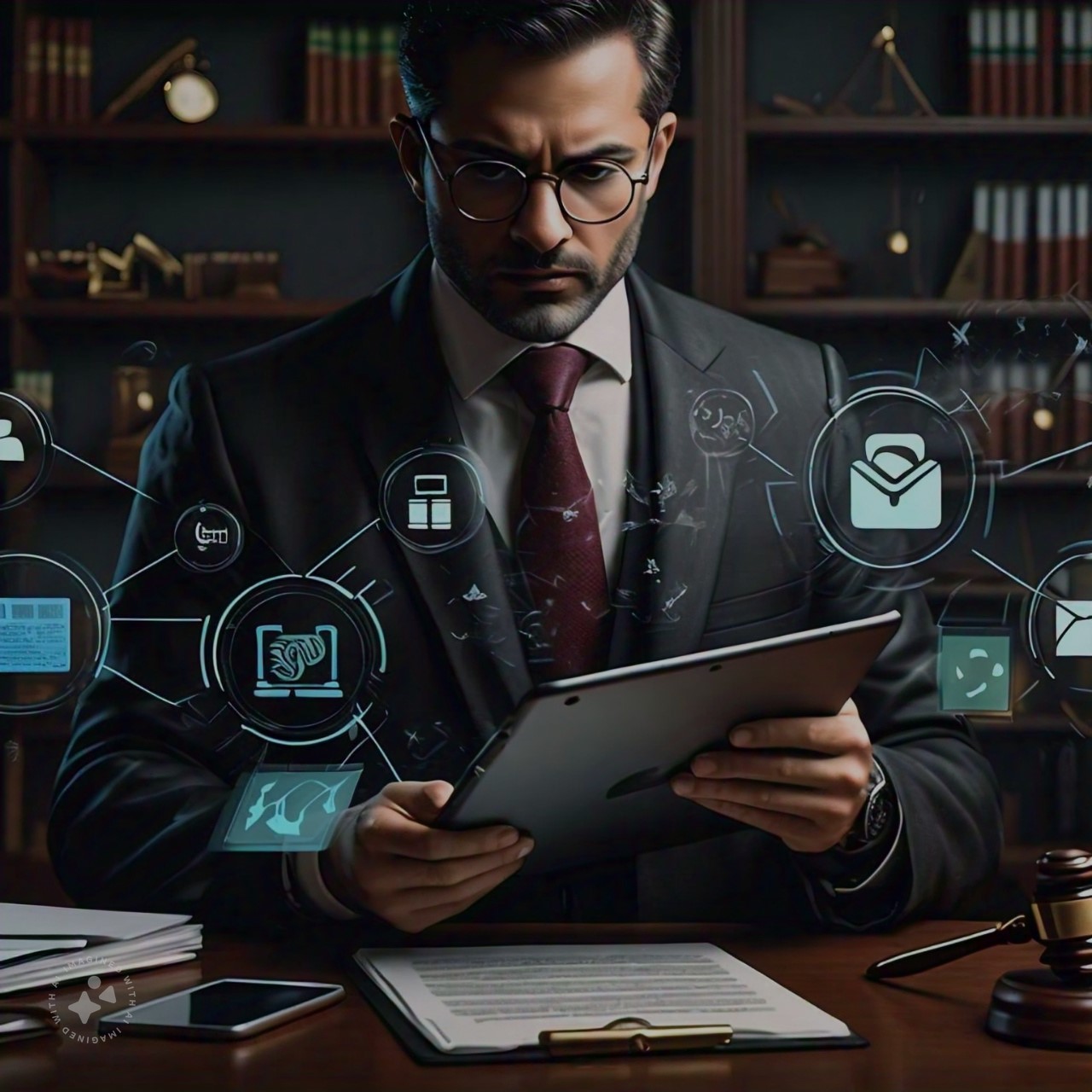“Technology Law” is an in-depth course crafted for those seeking to understand the intricate legal issues that arise within the technology sector. This course provides a comprehensive exploration of the legal frameworks and principles that govern the development, distribution, and use of technology in various fields.
The course begins with an introduction to technology law, offering a broad overview of the foundational legal principles and their application to technological innovations. It covers key areas such as intellectual property (IP) law, focusing on the protection of inventions, software, and digital content through patents, copyrights, and trademarks. Students will learn about the nuances of licensing agreements, open-source licensing, and the enforcement of IP rights in the digital age.
Data protection and privacy are critical aspects of technology law, and this course provides a thorough examination of the legal requirements and best practices for safeguarding personal and sensitive data. It covers major data protection regulations, such as the General Data Protection Regulation (GDPR) and the California Consumer Privacy Act (CCPA), and discusses issues like consent, data breaches, and individuals’ rights.
The course also delves into cybersecurity law, addressing the legal responsibilities of organizations to protect against cyber threats and breaches. It explores the regulatory landscape, including mandatory breach notification laws, cybersecurity standards, and the legal implications of cyber incidents.
In addition, the course covers e-commerce and digital contracts, exploring the legal aspects of online transactions, digital signatures, and electronic contracts. Students will gain insights into the legal challenges of conducting business online, including issues related to consumer protection, payment systems, and cross-border e-commerce.
Telecommunications law is another critical area covered in this course, focusing on the regulation of communication networks and services. Topics include spectrum allocation, licensing, and competition law within the telecommunications industry.
With the rise of artificial intelligence (AI), the course also addresses the legal and ethical implications of AI technologies. It examines issues such as algorithmic bias, liability, and the regulation of AI applications, providing a forward-looking perspective on the integration of AI into legal frameworks.
The Information Technology Act of India is specifically covered to provide a comprehensive understanding of India’s approach to technology regulation. This includes aspects related to cybercrimes, digital signatures, and electronic governance.
The course also explores technology and intellectual property litigation, focusing on the legal processes and strategies involved in resolving disputes related to technology and IP. Students will learn about jurisdictional issues, litigation strategies, and notable cases that have shaped technology law.
Emerging technologies such as blockchain, the Internet of Things (IoT), and quantum computing present new legal challenges and opportunities, and this course provides an exploration of these cutting-edge topics. It discusses the regulatory considerations and potential legal reforms needed to address these rapidly evolving technologies.
Finally, the course covers technology transactions, including mergers, acquisitions, and joint ventures in the tech industry. Students will learn about the legal and strategic considerations involved in technology deals, including due diligence, contract negotiation, and regulatory compliance.
“Technology Law” is ideal for legal professionals, tech industry leaders, policymakers, and anyone interested in the intersection of law and technology. By the end of the course, participants will have a robust understanding of the legal challenges and opportunities in the tech sector, equipping them with the skills to navigate and shape the future of technology law.






Reviews
There are no reviews yet.